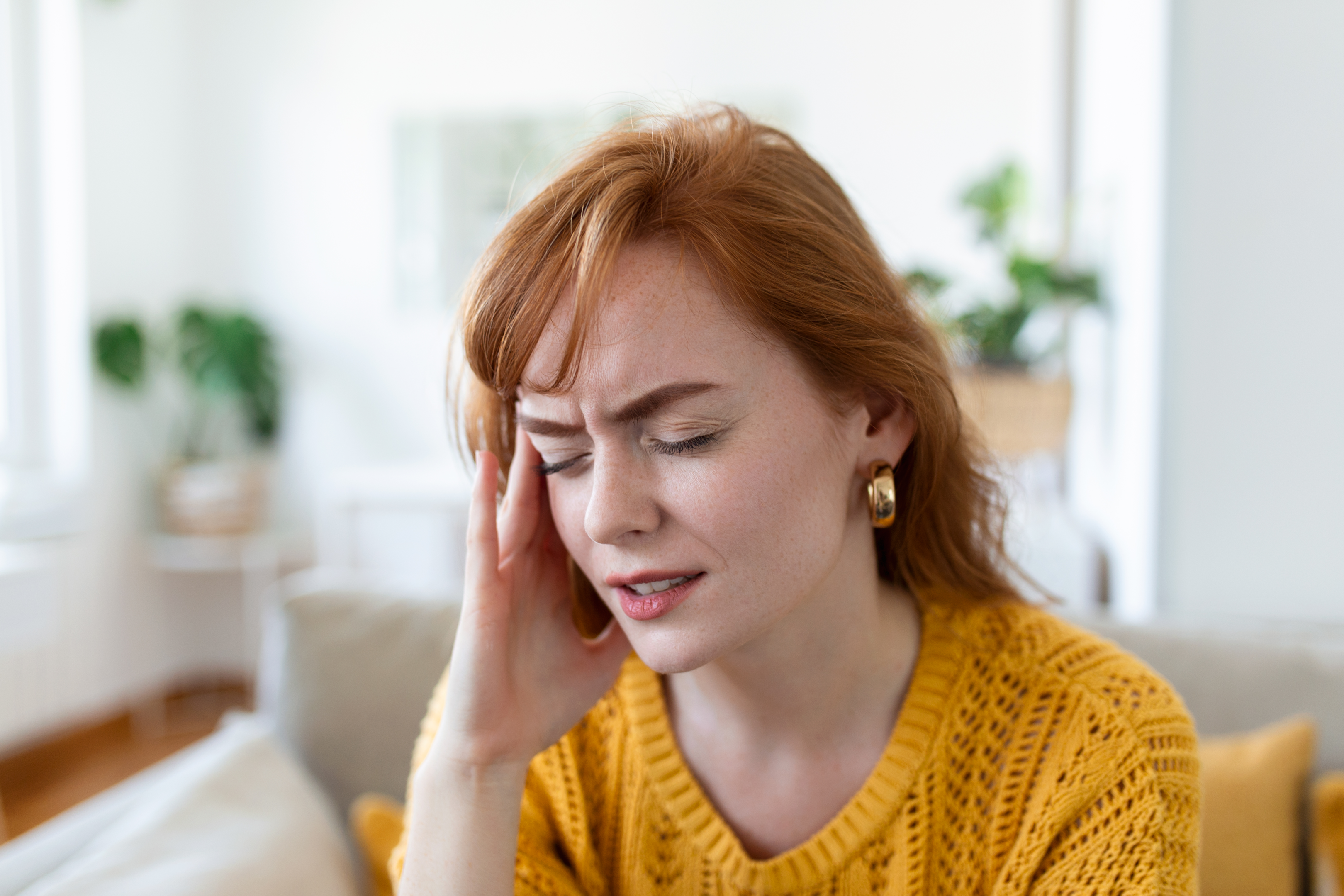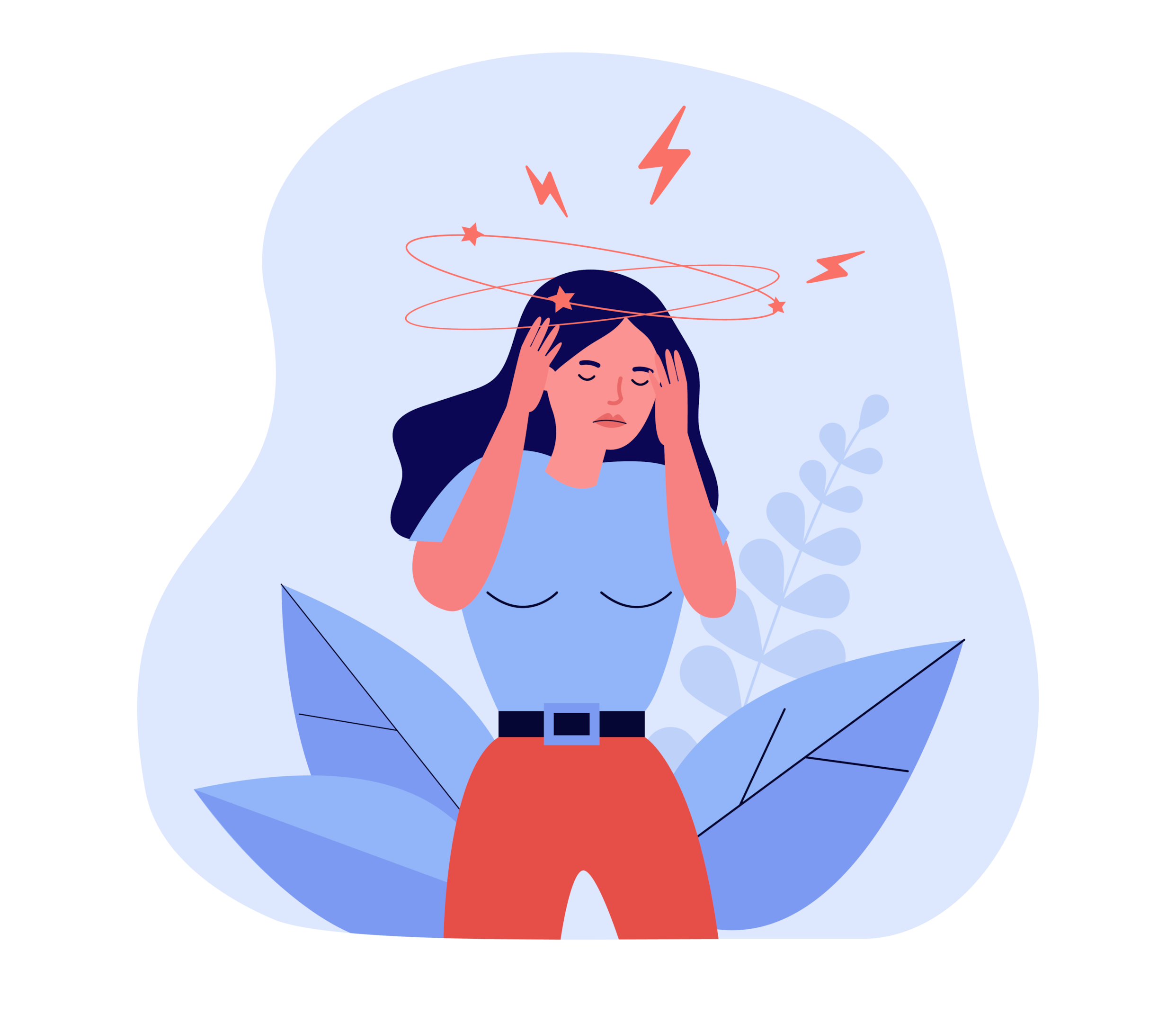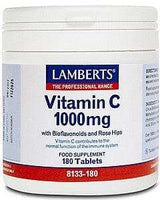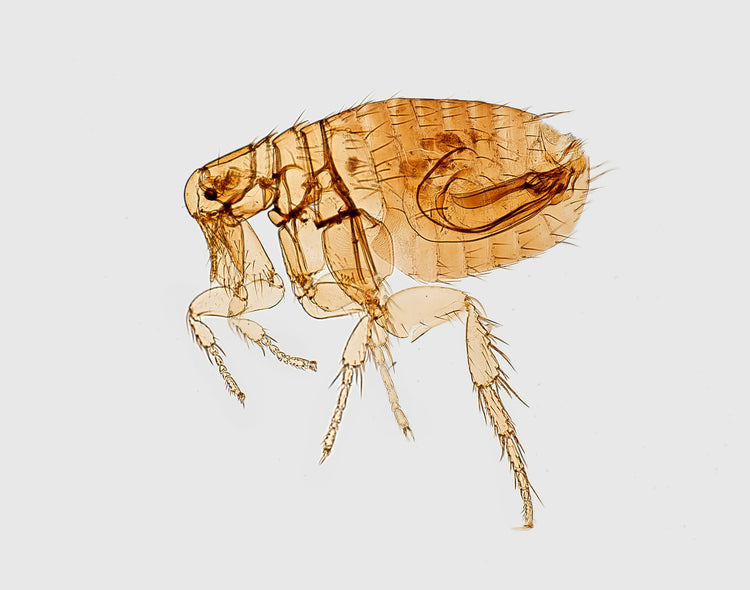What causes migraines?
.png?v=1668593145884)

Related products
What’s covered?
What causes migraines?

An overview
A migraine headache is characterised by intense throbbing pain or a pulsating sensation, typically on one side of the brain.
Extreme sensitivity to light and sound and nausea and vomiting are also associated with migraine headaches. Attacks from migraines can persist for hours or even days, and the discomfort they cause may be so intense that it makes it difficult to carry out your everyday tasks.
Some pain medications may be helpful in preventing migraine attacks and reducing the intensity of pain. However, the right approach to migraine headaches is changing the lifestyle, which may help to lower the chance of migraine attacks.
What causes migraine headaches?
It is difficult to pinpoint the exact cause of migraine headaches. Certain nerves in your blood vessels carry pain messages to your brain when you experience a headache. The nerves and blood vessels in your head are exposed to inflammatory chemicals, which leads to migraine pain. However, it is unclear why the neuron carries these type of signals to your brain and cause headache pain.
Migraine triggers
It has been observed that migraine is triggered by various factors, including the following.
1. Emotional Stress
One of the most frequent causes of migraine headaches is emotional stress. To address the issue, the brain releases specific neurotransmitters under stressful situations.
A migraine may develop as a result of these substances released. Stress and anxiety can also tighten and widen the muscle and blood vessels in the brain and cause headaches.
2. Certain Chemicals
Some food and drinks contain certain chemicals that may trigger migraines. These foods include beverages, chocolate, alcohol and nitrates.
3. Caffeine
Headache may occur when the caffeine level suddenly lowers due to overconsumption or caffeine withdrawal. Caffeine seems to make your blood vessels more sensitive, and a headache could happen if you don't get it.
Although it shouldn't be used frequently, caffeine is sometimes advised by medical professionals to effectively manage acute migraine attacks.
4. Menstrual-related migraine
Women are reported to experience migraines most commonly during their menstruation. Menstrual cycle-related sudden drops in oestrogen can also cause migraines.
Hormone replacement therapy and birth control medications can potentially alter hormone levels. Since post-menopausal women and young girls typically don't experience these oestrogen changes, therefore menstrual migraine is typically worse between adolescence and menopause.
You might experience a reduction in headaches following menopause if hormones significantly affect your migraines. Migraine headaches in men are not caused by hormonal changes. Migraine during the menstrual cycle in women is called pure menstrual migraine.
5. Flashing Lights migraine
Direct flashing lights from TV screens or computers can also trigger migraines. Therefore try to avoid direct screen light.
Migraine symptoms

Pain from migraines can be felt in the neck, where it is mistakenly related to neck muscle spasms. Similarly, it can also be felt in the face where it is misinterpreted with sinus pain.
Migraines and sinus pain share a wide range of similarities, like watering from the eyes and nose. Actually, the patients have migraines while they misdiagnose it with sinus or neck pain.
Most patient experience aura before the onset of migraines. Migraine with Aura is a neurological condition that slowly progresses and subsides when the pain appears.
Migraine Aura is also related to vision problems like sensitivity to light, light flashing and blind spots. Many patients also experience other neurological conditions like disorientation, vertigo, numbness and stroke-like symptoms.
In some patients, Aura symptoms occur without causing headaches.
Other migraine symptoms
Other symptoms include sensory symptoms, nausea and vomiting and sinus headache.
How are migraines diagnosed?
Despite their severe symptoms, migraines nearly hardly have a root cause that can be detected through examination, including brain MRIs.
Even in severe cases, many doctors do not advise brain imaging if the patient's symptoms are typically related to migraines and a comprehensive neurological assessment is declared normal.
In some patients, gene mutation occurs, which results in hemiplegic migraine. However, no genetic test is needed to diagnose migraines because the condition can be diagnosed based on clinical symptoms.
Migraine Treatment

A few hours to a few days are the normal duration of migraines, and certain migraine medicine is effective in treating them. However, some people experience migraines that are very intense and persistent—and in some cases, even chronic migraines that last for weeks, months, or even years. Intermittent migraine headaches may become severe headaches if left untreated. Following are some treatment options for treating migraine.
-
Prescription drugs
Most current best protective medications, including blood pressure, antidepressants, calcium channel blockers and epilepsy medicine, are used for chronic migraine. Along with migraines, these medicines are also used for other health conditions.
At Welzo, we offer several prescription medications that can help to lessen the pain and symptoms of a migraine. Find our range of medicines including Zomig, Frovatriptan, Maxalt and Imigran, here
-
Over-the-counter medicines
Various over-the-counter medicines, like non-steroid anti-inflammatory drugs and other pain medications, help in the acute treatment of headache symptoms and relieve migraine pain.
-
Preventive treatment
If you get frequent, severe headaches that interfere greatly with your daily activities and occur more than four times per month, your doctor may prescribe medication.
Preventative drugs lessen both the frequency and intensity of headaches. To help prevent migraines, medications are often used on a regular, daily basis. Other preventive options are to change your lifestyle, reduce stress and anxiety and avoid flashing lights.
Learn more about migraine treatments on our migraine information page here.



































 Rated Excellent by 26,523+ Reviews
Rated Excellent by 26,523+ Reviews